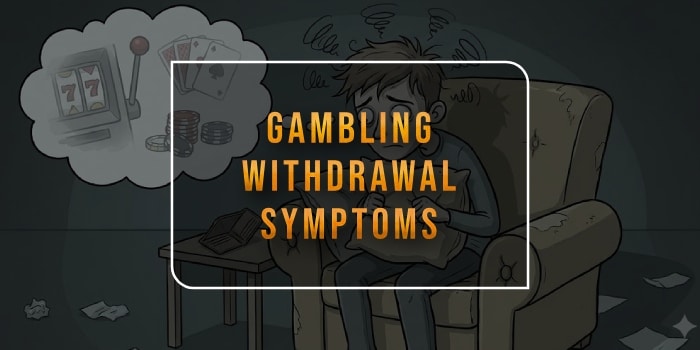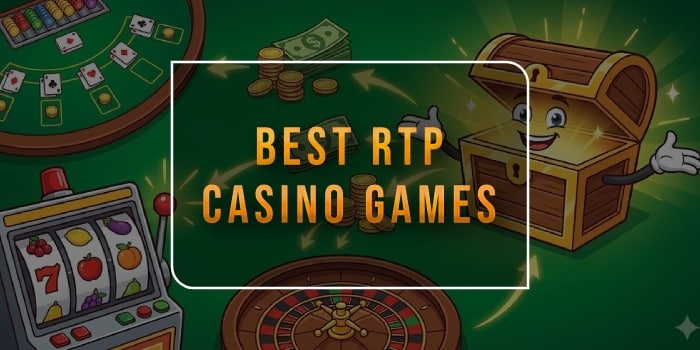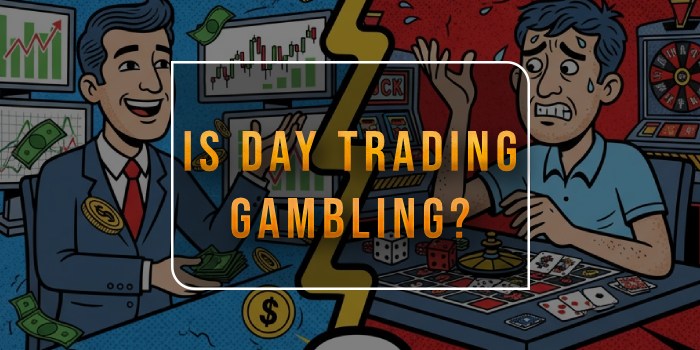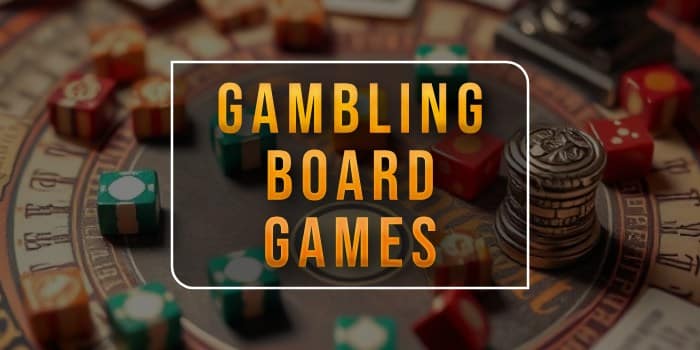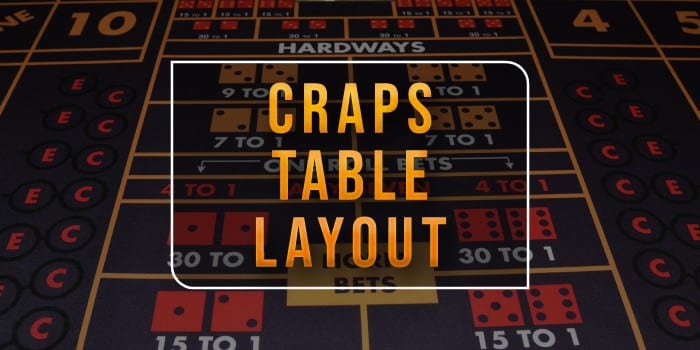- Home
- Why Asians Love to Gamble So Much?
Why Asians Love to Gamble So Much?
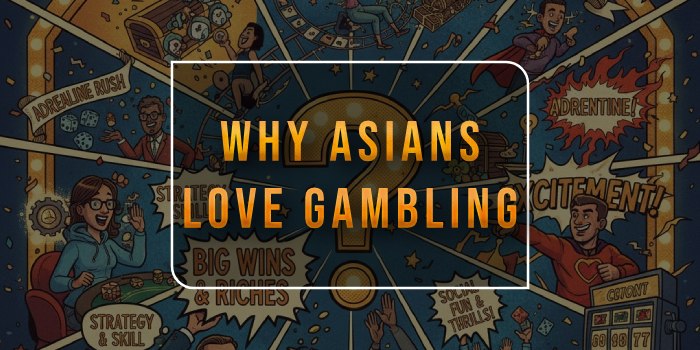
Asians have long been associated with a strong desire to gamble. Although gambling is mostly heavily restricted across Asia, including in China, Singapore, South Korea, and especially Japan, games of chance are a central cultural trope that continues to reappear across cinema, books, manga, anime, storytelling, and even video gaming.
Gambling is mostly vilified by governments in Asia, but Asians remain increasingly likely to have a soft spot for it. Today, we look at why the world’s biggest casinos (and not only them) have a huge variety of Asian-themed games, and why Asian gamblers seem to love the activity so much.
Asians and Gambling: The Cultural Background
As noted, there are different reasons for societies to gamble. In Japan, for example, this stems from the devastation of World War II, which saw few economic prospects left, and skilled gamblers quickly earning a living.
The term “skilled gambler” has a different meaning in Japanese culture, as people who cheated to win were also venerated, as long as they could secure money. Of course, Japan has moved past this, and today, gambling is not only prohibited (although pachinko parlors thrive) but also carries serious penalties even if you are only a player gambling away at an overseas online casino. Cheating is also not something to aspire to.
However, most Asian cultures do not see chance as something bad, but as an opportunity to be embraced. There is also a touch of materialism. While gambling debt is in itself a reason to be scorned, winning big is a cause to be celebrated.
This may provide an oversimplistic explanation of why Asians love gambling, but culturally-rooted understanding and worldview do play a part in forming a person’s approach to gambling.
Materialistic societies such as South Korea, for example, value status and appearance, and by extension, a person who can afford to gamble a lot, win, and convince others that he is well within his means, garners a higher social status.
But apart from that, Asians just find the activity fun. Slots are not as popular as table games, with baccarat, blackjack, and roulette leading the way.
A Sense of Normalcy in Playing Games
Older generations of Asian gamblers have always perceived games such as mahjong and other card games as innocent, something to share with the community, and not necessarily become a catalyst for societal ill and division.
Games are just there, and especially among immigrants, there exists a strong bond to these games – whether it’s Pai Gow Poker, baccarat, or something as simple as mahjong. These games aren’t glamorized but just presented matter-of-factly in the same way Europeans and Americans can be seen playing chess or backgammon in the park.
There is also the cultural influence of manga and anime, with several prominent and blockbuster hits featuring gambling not necessarily as something to be scolded or frowned upon, but as an opportunity to be seized.
In other words, gambling has quickly become a part of the cultural identity, and not necessarily a pursuit of fame and riches, although there is that as well. While it’s seen as an activity to pass the time, it can still have a serious effect, as this sense of normalcy is dulling more or less.
Yet, the same can be said for pokies in Australia, and the fact that teenagers in the UK, the United States, Japan, and South Korea are increasingly experiencing problem gambling.
What Are the Most Loved Casino Games by Asians?
Asian gamblers have a soft spot for games of pure chance, gravitating toward titles that carry both cultural weight and a distinct casino thrill. Sic Bo, Pai Gow Poker, Dragon Tiger, and Fan Tan all have a loyal following, but nothing comes close to the towering favorite, Baccarat. It remains the undisputed champion across Asian markets, both online and on the gaming floor.
The influence of these preferences is so pronounced that even Western casinos, including those lining the Las Vegas Strip, now curate Asian-themed gaming pits and décor to tap into the phenomenon. What started as a regional preference has evolved into a global trend, reshaping how casinos present and position their most profitable games.
Are Asians More Likely to Be Gambling Addicts?
When it comes to ethnicity, it is difficult to present any reasonable argument that certain groups are more likely to be addicted to gambling. In an article published in the BBC in 2012, the publication claimed that Asian children face a higher risk of gambling addiction.
This is borne out by another research that suggests that Chinese immigrants who settled in the United States are more likely to develop gambling addiction after moving into the country than they are if they stayed back home.
This is why the conversation has to shift from Asians to virtually any minority. Ongoing research in the United States and the United Kingdom simply suggests that minorities are generally more likely to develop a problem with gambling.
This could be down to a variety of reasons – from failing to build meaningful connections in a new country, to being restricted in your communications with others because of a potentially negative stereotype the majority holds.
In this sense, Asians are tentatively more likely to be gambling addicts when they represent a minority in another country, but in terms of whether they actually experience higher levels of gambling in general, the numbers are about the same for the rest of the world.
Because of the restrictive nature of regulations across Asia, tracking down the exact number of gambling addicts is down to piecemeal data provided by local non-profit organizations.
Gambling by Asians: A Cultural Heritage to Be Proud of or Bury?
Gambling in Asian culture is a pillar that is not necessarily evil or shameful. Some communities are materialistic, others are marked by tragedy, and for immigrants in foreign countries, gambling is usually a form of escapism that can, granted, have serious repercussions.
Asia’s fascination with games of chance is not necessarily about money. It’s about chance and fate, and whether you can outsmart either of those. While the realities are such that games of chance offer narrow room for navigating through skill, it’s still fun to try your hand at winning big – whether it is for bragging rights, the thrill of the chase, or something else completely.
Jeremy leads our brand new review team with over 10 years of accumulated expertise in analyzing online game platforms. He aims to provide the public with trustworthy and unbiased reviews on the various iGaming brands out there on the market so that players can enjoy a seamless experience.
